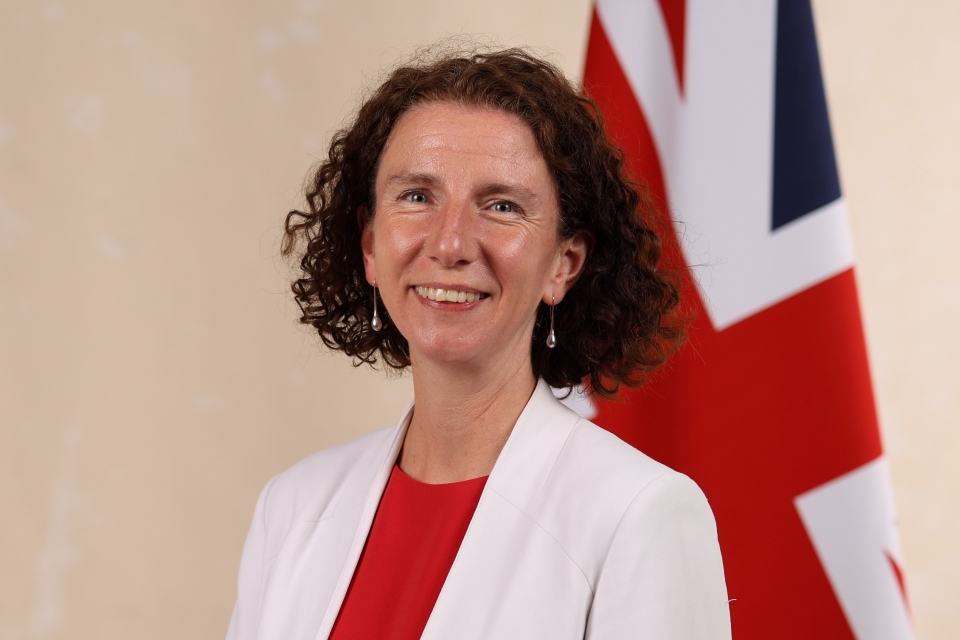Welcome, everyone and thank you, Plan International UK, for helping to bring us together.
I am grateful for this opportunity to share some reflections, because, as the UK’s Minister for Development, Women and Equalities, sexual and reproductive health and rights are a priority for me.
We must keep working together to make sure everyone has power over their own bodies. That includes the choice of whether to have sex – if at all. That includes whether to continue with a pregnancy – and when to have children. And that includes the LGBTQ+ community.
This is fundamentally the right thing to do, and the smart thing to do. Over the last 6 months, from South Sudan to Indonesia to Malawi, my conversations with those affected have underlined this powerfully.
We know that when women, girls, and other marginalised groups are empowered, they lift up whole families, communities and economies.
Yet, there is a great deal of work ahead of us, to close the gap between where we are and where we need to be.
As hard-won rights are being rolled back, with more than a quarter of a million people lacking access to information and services and complications from pregnancy and childbirth remain the leading cause of death for around 12 million girls in lower-income countries.
Not to mention the fact that women and girls are bearing the brunt of conflicts and humanitarian disasters around the world. Sadly, on every continent, including here in Europe, groups that are hell-bent on rolling back rights and denying women and girls choice, are sowing the seeds of division.
In the face of such challenges, it is only by standing strong and working together that we can hope to turn things around.
For our part, the UK reaches many millions of people every year, making sure that the poorest and most marginalised have access to life saving services, are heard, and have greater choice and control.
This government is keeping that work at the top of the global political agenda – where it belongs. Be that the Prime Minister’s commitment to supporting local, national and global efforts on World Aids Day.
Or the Foreign Secretary’s recent visit to Chad where he announced further support for women and girls – including refugees from Sudan – to access sexual and reproductive health services.
Next month, I look forward to leading the UK’s delegation to the Commission on the Status of Women at the United Nations, in New York, where once again, we will push to keep this vital work firmly in the international spotlight.
In April, today’s panellist, Neisha will join the UK delegation at the Commission on Population and Development in New York, to make sure we hear from the next generation very directly.
And today, I am proud to announce my role as a She Decides champion – part of a global movement advocating for every woman and girl’s right to choose what to do with her own body. I am very glad to add my voice to these efforts.
Let me end by repeating that each and every one of us here has our own powerful part to play, and together, we can make a difference by listening to those affected, amplifying their voices, and taking action by challenging harmful practices and discrimination, calling out attempts to erode rights and breaking down barriers and sharing our knowledge, experience and expertise.
That is why I am so glad we are here today to discuss all this – and galvanise our efforts. So, thank you, once again, for joining us and for your dedication to this important work. I look forward to all that we can achieve together.

